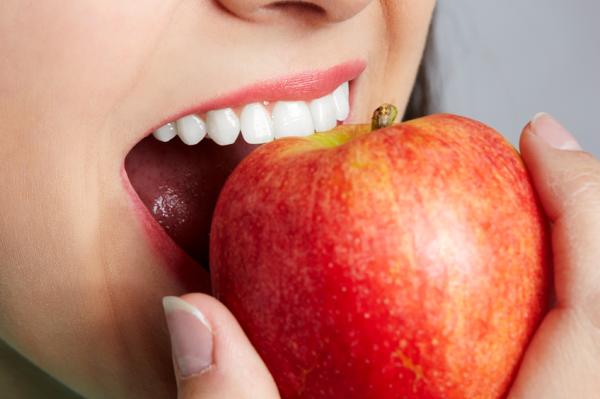The number of people in the world's population suffering from diabetes has increased exponentially in recent decades. The modifications in the lifestyle of society that have taken place in recent years have caused this remarkable increase: the disappearance of physical activity from our day to day (both in moments of leisure and in the work aspect) and a much less healthy diet than previous generations have led to this growth.

Have you found out you're diabetic a short time ago? Most likely, you have a large number of doubts about how to face it, surely most of them related to the foods that you can eat more regularly and which are the ones that should be less present in your diet. One of the most conflicting is fructose. If you want to know if you can consume it, in we solve the doubt: can diabetics take fructose?
What is diabetes and what types are there
Diabetes is a chronic pathology that means that our body is not able to assimilate sugar correctly because insulin does not work properly. Insulin is a key hormone for the metabolism of sugar within our body, since we can say that it is responsible for sugar entering the cells so that they can use it as energy for all processes.
As soon as the pancreas, the organ that manufactures insulin, does not produce it or our body does not use it properly, there is no regulation of blood sugar levels, which rise uncontrollably producing hyperglycemia, which can generate serious damage to our body.
Types of diabetes
- Type 1 diabetes: usually appears in the first years of life, in childhood or adolescence. The pancreas is not able to manufacture enough insulin for the correct assimilation of blood sugar and it is necessary to provide the hormone on a daily basis. The reason for its appearance is not yet known.
- Type 2 diabetes: appears in adult life. It occurs because our body is unable to use the hormone in an adequate way and is produced by the metabolic alterations that we cause in our body when we suffer notable modifications in our weight (such as a remarkable overweight or obesity) and by the lack of physical activity.
According to the World Health Organization (WHO), type 2 diabetes is, without a doubt, the one that prevails in the world population. From 1980 to 2014 its prevalence increased from 4.7% to 8.5% in people over 18 years of age and in 2015 it is estimated that it directly caused the death of 1.6 million people in the world. These data show that it is, increasingly, an epidemic and that if we already suffer from it, we have to be careful so that it does not cause damage to our body. The way we feed ourselves is fundamental to this.
You may also be interested in what the difference is between type 1 and type 2 diabetes.
Can a diabetic eat fructose?
Fructose, like glucose, is a type of sugar. It is mainly found in vegetables and fruits, but that is not the only difference with other sugars. Fructose does not need insulin to be metabolized and absorbed by the cells of our body, a hormone that glucose does need. While the latter is absorbed and metabolized by virtually all organs, fructose does so directly in the liver, so it does not need the action of insulin.
This characteristic means that fructose does not generate those glycemic peaks (increases in blood sugar levels) after meals and that is why it is the type of sugar that diabetes patients tolerate best. But that does not mean that it can be abused, a fact that occurs today, since a large number of processed products present in stores contain it because it has fewer calories than glucose and a much higher sweetening level.
You may also be interested in this other article about What are the best fruits for diabetics.
Risks of Consuming Excess Fructose in a Diabetic
Due to the increase in the presence of fructose in the daily diet of the world population, several studies carried out by the European Food Safety Authority and the American Diabetes Association, have shown that an excess of this sugar in the diet cause alterations of metabolism, so that they can generate type 2 diabetes or increase the symptoms of it, if you already have it. They also increase the levels of triglycerides and LDL cholesterol (also called bad cholesterol) in the blood, and raise the risks of cardiovascular disease due to higher blood pressure.
The liver also undergoes modifications, since it is the organ that is responsible for the metabolism of fructose. Due to this process fat is synthesized, which can lead to us suffering from fatty liver, which is not only produced in people with alcoholism. This causes this organ to become inflamed and not do its functions properly.
Now that you know the answer to whether diabetics can take fructose, you may also be interested in this other article on Can Diabetics Eat Honey?






